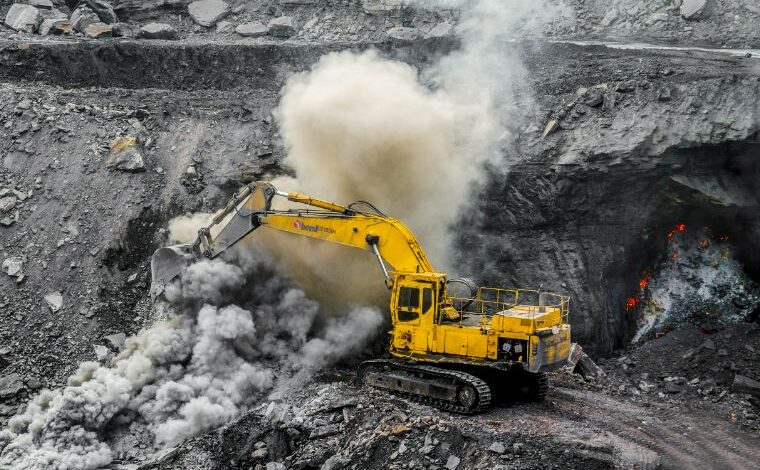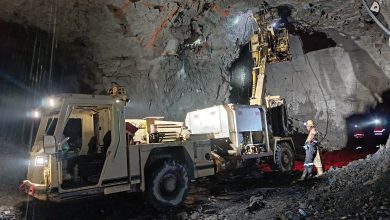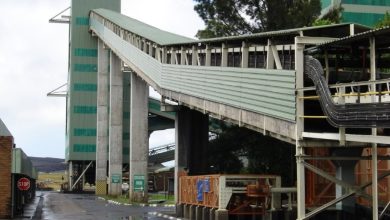
Climate change has emerged as one of the greatest challenges of our time, impacting ecosystems, economies, and societies worldwide. Addressing this global crisis requires concerted efforts from all sectors, including industries traditionally associated with environmental concerns. This essay explores why the mining industry has a responsibility to care to take action, due to the potential environmental impacts of mining operations, and the measures it can adopt to mitigate climate change.
Responsibility and Accountability
The mining industry, as a significant contributor to global economic development, must acknowledge its responsibility for climate change. Extracting minerals and metals, while essential for economic growth, often involves the release of greenhouse gases (GHGs) and the degradation of ecosystems. Therefore, the industry must recognize its role in climate change and take proactive steps to minimize its environmental footprint.
Environmental Impacts
Mining operations can have profound ecological consequences. Deforestation, soil erosion, habitat destruction, and water pollution are often associated with mining activities. Additionally, the energy-intensive processes of mining, mineral processing, and transportation contribute to carbon emissions and exacerbate climate change. These environmental impacts further underline the need for the mining industry to address climate change.
Getting deliberate on mitigation strategies
To effectively address climate change, the mining industry must deliberately adopt a range of mitigation strategies:
- Transition to Renewable Energy: Mining operations consume substantial amounts of energy, predominantly derived from fossil fuels. Shifting towards renewable energy sources, such as solar or wind power, can significantly reduce GHG emissions and decrease the industry’s carbon footprint.
- Sustainable Mining Practices: Implementing sustainable mining practices, such as responsible waste management, efficient water usage, and reclamation of mined areas, can mitigate environmental impacts. These practices promote the conservation of natural resources, minimize carbon emissions, and help restore ecosystems affected by mining activities.
- Technology and Innovation: Embracing technological advancements can enhance mining efficiency and reduce environmental harm. Research and development should focus on developing greener alternatives to mining practices and exploring the recycling and recovery of materials from existing waste.
- Collaboration and Stakeholder Engagement: The mining industry should actively collaborate with governments, communities, and environmental organizations to develop effective climate change mitigation strategies. Engaging local communities and indigenous groups in decision- making processes can lead to better environmental outcomes and ensure the industry operates responsibly.
Conclusion
The mining industry has a vital role to play in addressing climate change. By acknowledging its responsibility, understanding the environmental impacts of its operations, and adopting very deliberately measures that will sustainably mitigate the harmful impacts of climate change.
EMOJEL TREVOR, Youth Activist, Uganda






